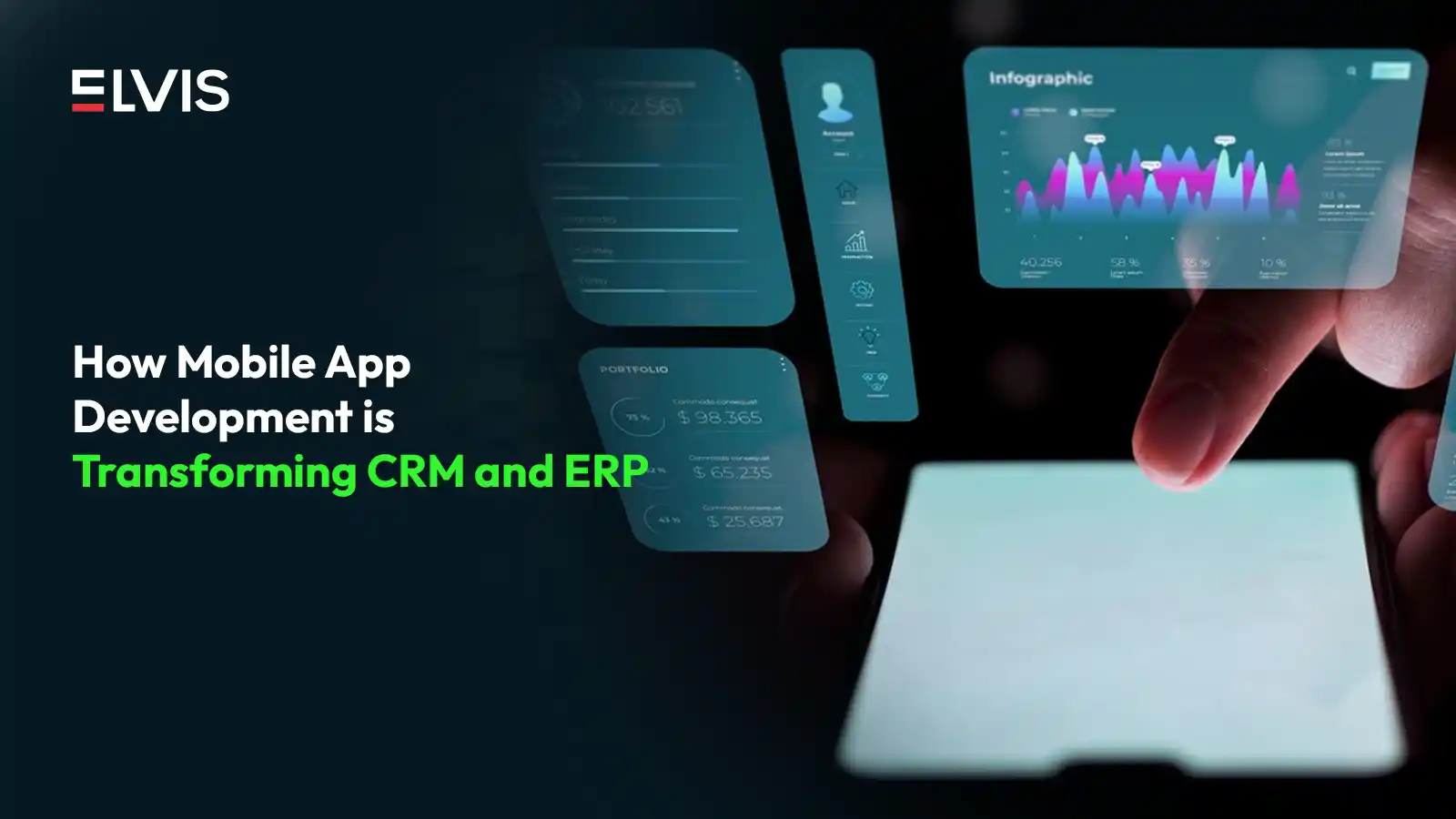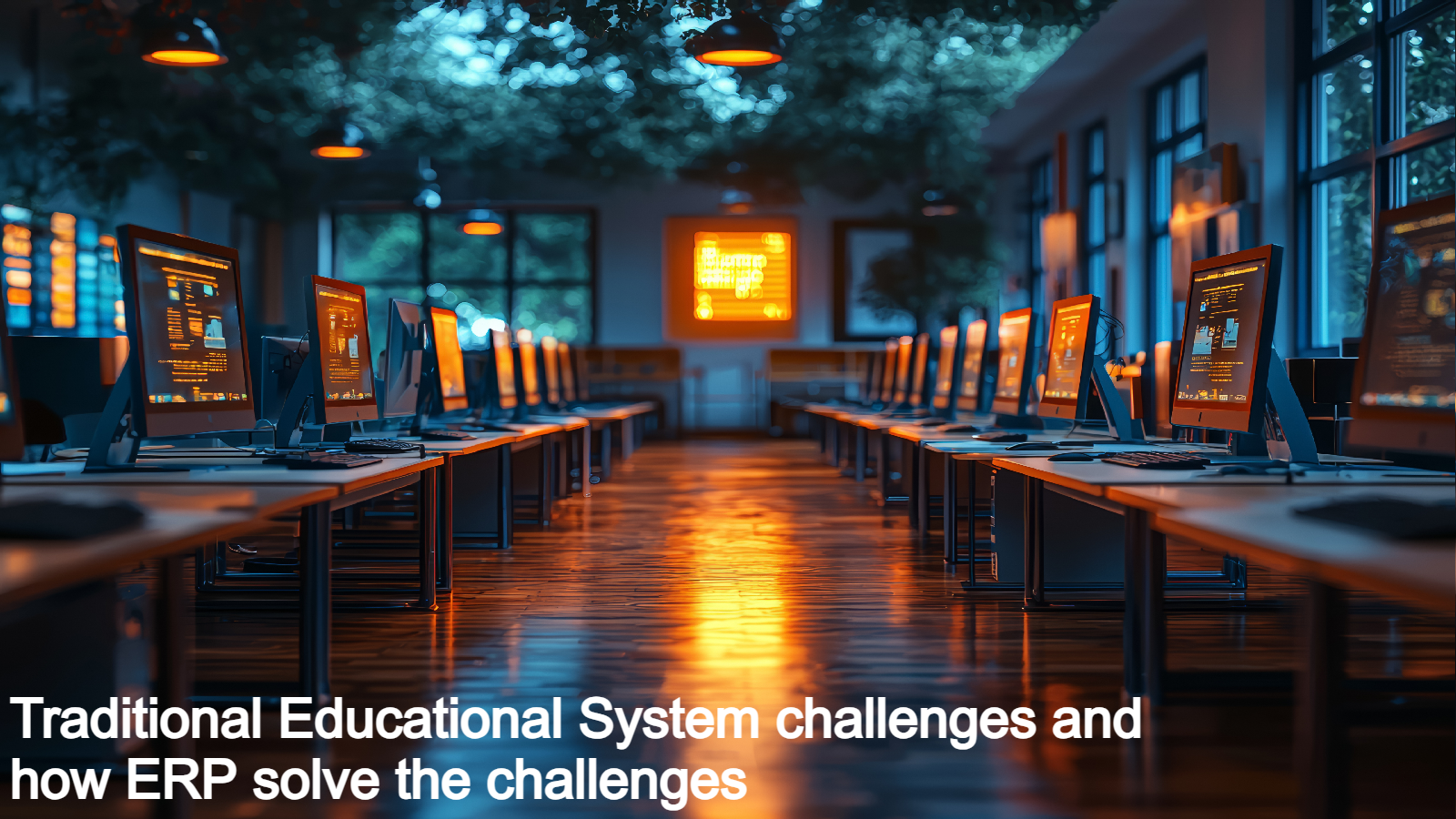Introduction
Customer Relationship Management (CRM) and Enterprise Resource Planning (ERP) systems play a pivotal role in managing customer interactions, streamlining processes, and improving overall efficiency. Traditionally, these systems have been restricted to desktops or on-premises servers, limiting accessibility and flexibility. However, with the advent of mobile app development, CRM and ERP platforms are transforming, offering businesses unparalleled convenience and efficiency.
Mobile App Development Revolutionizes CRM and ERP
Mobile app development has revolutionized how businesses interact with CRM and ERP systems, offering exceptional accessibility, flexibility, and functionality.
Accessibility and Mobility
Mobile CRM and ERP apps enable users to access essential data and functionalities from anywhere, at any time, using their smartphones or tablets. This enhanced mobility empowers sales teams, field service technicians, and executives to stay connected and productive on the go.
Real-time Data Access
With mobile apps, employees can access real-time data updates, ensuring they have the latest information at their fingertips. This real-time visibility into customer interactions, inventory levels, and financial data enables quicker decision-making and enhances operational efficiency.
Enhanced User Experience
Mobile CRM and ERP apps are designed with user experience in mind, offering intuitive interfaces and tailored functionalities. This user-centric approach improves adoption rates and user satisfaction, leading to higher productivity and engagement.
Advantages of Mobile CRM and ERP Apps
Mobile CRM and ERP apps offer multiple advantages such as:
Improved Productivity
By enabling employees to perform critical tasks on their mobile devices, such as updating customer records, creating sales orders, or approving purchase requests, mobile CRM and ERP apps boost productivity and efficiency.
Enhanced Customer Service
Mobile CRM apps empower sales and support teams to respond promptly to customer inquiries, access customer history on the go, and provide personalized service, leading to higher customer satisfaction and loyalty.
Streamlined Processes
Mobile ERP apps facilitate seamless workflow management, allowing employees to initiate and track processes from anywhere. Whether it’s approving expense reports, managing inventory levels, or processing orders, mobile apps streamline operations and reduce turnaround times.
Integration Capabilities
Mobile CRM and ERP apps offer seamless integration with existing systems, including legacy ERP solutions, third-party software, and cloud services. This interoperability ensures data consistency and eliminates silos, enabling smooth information flow across the organization.
Cost-effectiveness
Deploying mobile CRM and ERP apps can lead to cost savings for businesses, as it eliminates the need for expensive infrastructure investments and reduces maintenance expenses associated with traditional on-premises solutions.
Key Considerations for Mobile CRM and ERP App Development
While mobile apps offer undeniable benefits, it’s crucial to consider these factors:
Security: Since mobile apps access sensitive business data, robust security features like encryption and multi-factor authentication are essential.
User Interface (UI) and User Experience (UX): The app’s design should be intuitive and user-friendly to ensure seamless adoption by employees with varying technical skills.
Offline Functionality: As mentioned earlier, ensuring core functionalities are available offline empowers employees even in areas with limited connectivity.
Integration with Existing Systems: The mobile app should integrate seamlessly with existing CRM and ERP platforms to avoid data silos and ensure a unified experience.
The Future of Mobile CRM and ERP
The future of mobile CRM and ERP is bright. As mobile technology continues to evolve, we can expect to see even more innovative features, such as:
Integration with Artificial Intelligence (AI): AI-powered chatbots can answer customer queries and automate tasks within the mobile app.
Augmented Reality (AR) and Virtual Reality (VR): These technologies can provide immersive experiences for sales presentations and remote training.
Enhanced Analytics and Reporting: Advanced analytics will offer deeper insights into customer behavior and business operations, enabling better decision-making.
Internet of Things (IoT): The integration of Internet of Things (IoT) devices will further enhance data collection and analysis, driving actionable insights for businesses.
Conclusion
Mobile app development is transforming CRM and ERP platforms, offering businesses unparalleled accessibility, functionality, and efficiency. By leveraging mobile CRM and ERP apps, organizations can improve productivity, enhance customer service, and streamline processes, ultimately gaining a competitive edge in today’s dynamic marketplace.
Frequently Asked Questions (FAQs)
Are mobile CRM and ERP apps secure?
Security is a major concern with mobile apps. However, responsible developers can build apps with robust security features like encryption, multi-factor authentication, and access controls to safeguard sensitive business data.
How much does it cost to develop a mobile CRM or ERP app?
The cost of developing a mobile CRM or ERP app depends on several factors, including the complexity of features, platform compatibility (iOS, Android, or both), and development team location. It’s best to consult with mobile app development companies for specific quotes based on your needs.
Can I use a mobile CRM or ERP app without an internet connection?
Some mobile CRM and ERP apps offer offline functionality for essential features. This allows users to access data they previously synced, complete tasks, and update information even without an internet connection. However, full functionality typically requires an internet connection.
Who should use mobile CRM and ERP apps?
Mobile CRM and ERP apps are valuable tools for various user groups within a business. Sales reps benefit from managing leads and customer data on the go. Service reps can use them to address customer inquiries and manage tickets remotely. Managers gain real-time access to key metrics for informed decision-making. Essentially, any employee who relies on CRM or ERP data in their daily tasks can benefit from a mobile app.
What are the benefits of integrating AI into mobile CRM and ERP apps?
AI integration offers several advantages. Chatbots within the app can answer customer questions 24/7, automate tasks, and qualify leads. AI can also analyze large datasets to provide sales teams with valuable insights and suggest personalized recommendations for improved customer interactions.








